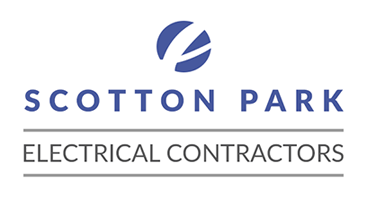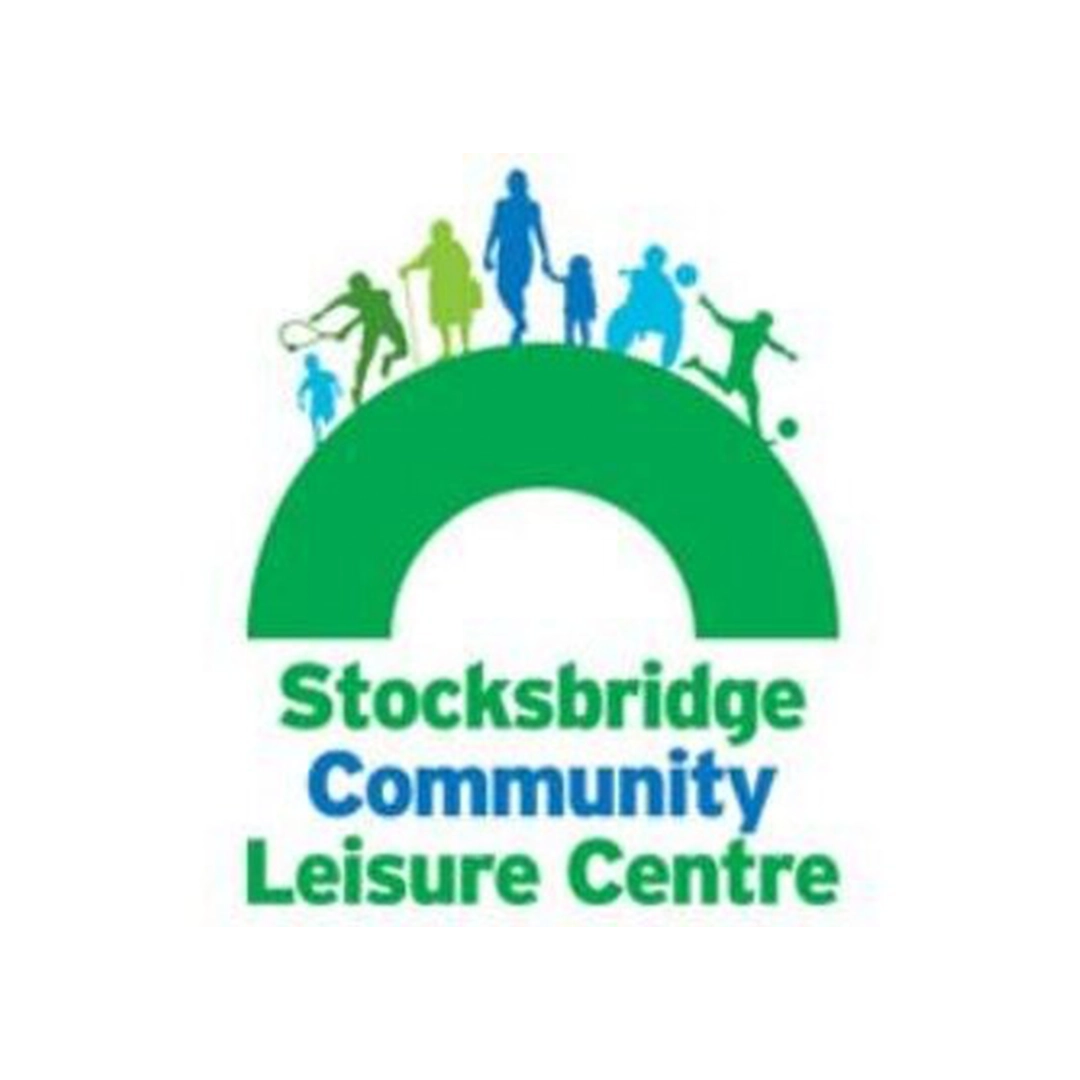Currently, transitional arrangements governing the withdrawal of the United Kingdom from the European Union will be in place as longer-term trade and immigration arrangements are worked out. While a no-deal Brexit remains a strong possibility, if a trade agreement between the UK and the EU is not agreed before the end of this transition, the immediate considerations for employers will focus on retaining their staff and preparing them to meet any future legal requirements regarding their right to work in the UK.
What action do employers need to take?
UK firms with EU employees
Support EU/EEA/Swiss nationals and their families to apply for settled or pre-settled status under the European Settlement Scheme (EUSS) by 30 June 2021.
- https://www.gov.uk/settled-status-eu-citizens-families
- https://www.gov.uk/government/collections/eu-settlement-scheme-employer-toolkit
Where employees work within a regulated profession requiring set qualifications, these may need to be officially recognised in the UK after the transitional period if the qualifications were not attained here. Support employees to seek recognition from the relevant regulators before 1 January 2021.
If unsure, first find out who are and how many affected workers you have in this category.
Make sure they receive the support and information they need.
Why?
Current EEA employees and their family members who are eligible but do not apply to the scheme by 30 June 2021 will lose their right to live and work in the UK under free movement law.
Other than the expected business disruption and anxietythis would cause, applications under the UK’s immigration system come at quite a cost, whereas applications under the EU Settlement Scheme are free. Making sure your employees are aware of their eligibility for Pre-Settled or Settled Status under the scheme, and thinking about the timing of upcoming moves of EEA nationals to the UK can save money in the long term.
The end of the transition period also has implications for how and when EEA nationals and their family members may be able to apply for British citizenship, with it being beneficial for some individuals to ensure their application for British citizenship is submitted by 31 December 2020.
Travel from the EU for work
EU/EEA/Swiss nationals travelling to the UK for work can continue to do so before 1 January 2021.
From 1 January 2021, EU/EEA/Swiss citizens will need to comply with the new business visitor rules in the UK. The UK will no longer accept national ID cards for entry to the UK for EU/EEA/Swiss citizens from this date.
Where employees work within a regulated profession requiring set qualifications, these may need to be ‘officially recognised’ in the UK after the transitional period if the qualifications were not attained here. Support employees to seek recognition from the relevant regulators before 1 January 2021.
If unsure, prepare all-staff communications to let travelling staff know that there are no changes to current arrangements until 1 January 2021.
You’ll need to check a job applicant’s right to work in the same way as now until 30 June 2021.
Until this date job applicants can prove their right to work in the following ways:
- EU, EEA or Swiss citizens can use their passport or national identity card
- non-EU, EEA or Swiss citizen family members can use an immigration status document listed in the right to work checks employer guide
- EU, EEA and Swiss citizens and their family members can use the online right to work checking service
- If an applicant uses the online checking service this will generate a share code. You must then use theemployers’ online service to check their right to work using this share code.
You have a duty not to discriminate against EU, EEA or Swiss citizens. You cannot require them to show you their status under the EU Settlement Scheme until after 30 June 2021.
Irish citizens will continue to prove their right to work in the UK as they do now.
UK Organisations recruiting from EU
Bring in new hires from the EU/EEA/Switzerland to the UK prior to 31 December 2020 if possible and supportthem to apply for pre-settled status under EUSS.
EU/EEA/Swiss nationals arriving after 31 December 2020 for work will need to qualify under the new post-Brexit immigration system if staying longer.
Where employees work within a regulated profession requiring set qualifications, these may need to be ‘officially recognised’ in the UK after the transitional period if the qualifications were not attained here. Support new hires to seek recognition from the relevant regulators prior to arrival if possible.
Consider what is the best option for filling the role. If EU hires are being considered, take action as per the above.
What should an employer do if an employee’s application for settled status is not successful?
An applicant who has not been resident in the UK for five years will be granted pre-settled status, which can be converted to settled status after five years’ residence. The deadline for applications for settled or pre-settled status is 30 June 2021.
Settled or pre-settled status can be refused on grounds of eligibility, for example if the individual is not an EEA national (or a qualifying family member), or is not resident in the UK. It can also be refused on grounds of suitability, for example if the individual has been convicted of a particularly serious crime or is deemed to be a threat to public security.
If an application is refused the applicant can apply again at any time up to 30 June 2021, submitting new information or evidence. In some circumstances, the applicant can apply for an administrative review of the decision. An employer could consider providing an employee with access to legal assistance for a further application or an administrative review.
Ultimately, if the employee does not obtain settled or pre-settled status, they will not have the right to work in the UK and will need to apply for immigration permission under an alternative route.
What are the new immigration rules?
With free movement for European nationals due to end at 11pm on 31 December 2020, the new immigration system has now come into effect and from 1 January 2021 it will apply to European nationals as well non-European nationals.
In most cases, employers will need to hold a sponsor licence to sponsor and employ non-British nationals.
Under the new system, tier 2 (general) has been replaced by the skilled worker route. Many aspects of the new route are similar to what employers have been used to under the tier 2 regime, however, there are a number of key changes.
Tier 2 (intra company transfer) has become the intra-company transfer (ICT) route but is largely unchanged. We anticipate, however, that most applications will be submitted under the skilled worker route now, as there are few advantages to using the ICT route and the ICT route does not lead to settlement.
https://www.gov.uk/guidance/new-immigration-system-what-you-need-to-know
Minimum skill and salary threshold
The minimum skill threshold for roles eligible for sponsorship as a skilled worker has been lowered from RQF level 6 (broadly managerial or professional roles) to RQF level 3 (A Level or equivalent). The skills threshold for sponsorship under the ICT route is still RQF level 6, however. Going forward far more roles will be eligible for sponsorship as a skilled worker.
The general minimum annual salary threshold for the skilled worker route has been reduced to £25,600, although there is a higher minimum salary threshold for certain jobs, depending on the job code, and in some circumstances the minimum annual salary threshold is as low as £20,480. Allowances no longer count for the purposes of meeting the minimum salary threshold. In comparison, the minimum annual salary for the ICT route is still £41,500 and certain allowances may be considered.
Employers should be aware that the Home Office will undertake checks with HMRC to ensure the sponsored employee is being paid at least the salary stated on their certificates of sponsorship. If salaries change, the sponsor must notify the Home Office.
All skilled workers will need to show that they meet the English language requirements, but not if applying under the ICT route.
Recruitment and record keeping
Previously, in many cases the employer had to advertise the vacancy in a very specific way to the resident population and employers could only sponsor a non-EEA national if no suitable British, European national or settled worker had applied for the role. This has now been abolished.
There is, however, some ambiguity on what the Home Office expects from sponsors in relation to the recruitment process and the record keeping obligations. The guidance suggests that the Home Office may ask employers why they appointed the person in question and what recruitment process was followed. Sponsors will also need to be able to demonstrate that the migrant has the required skills, qualifications, and experience for the role, in addition to satisfying the Home Office there is a genuine need for the UK role.
Furthermore, it is essential that employers select the most appropriate job code (SOC code) for the role, as there can be serious consequences if the wrong one is chosen. An incorrect code being used could lead to the individuals application being refused. Indeed, if the Home Office considers that the wrong SOC code has been selected, particularly if this has resulted in an advantage for the sponsor, for example, so that the minimum skill or salary threshold can be met, compliance action may be taken. In the worst-case scenario this could include revoking the sponsor licence.










